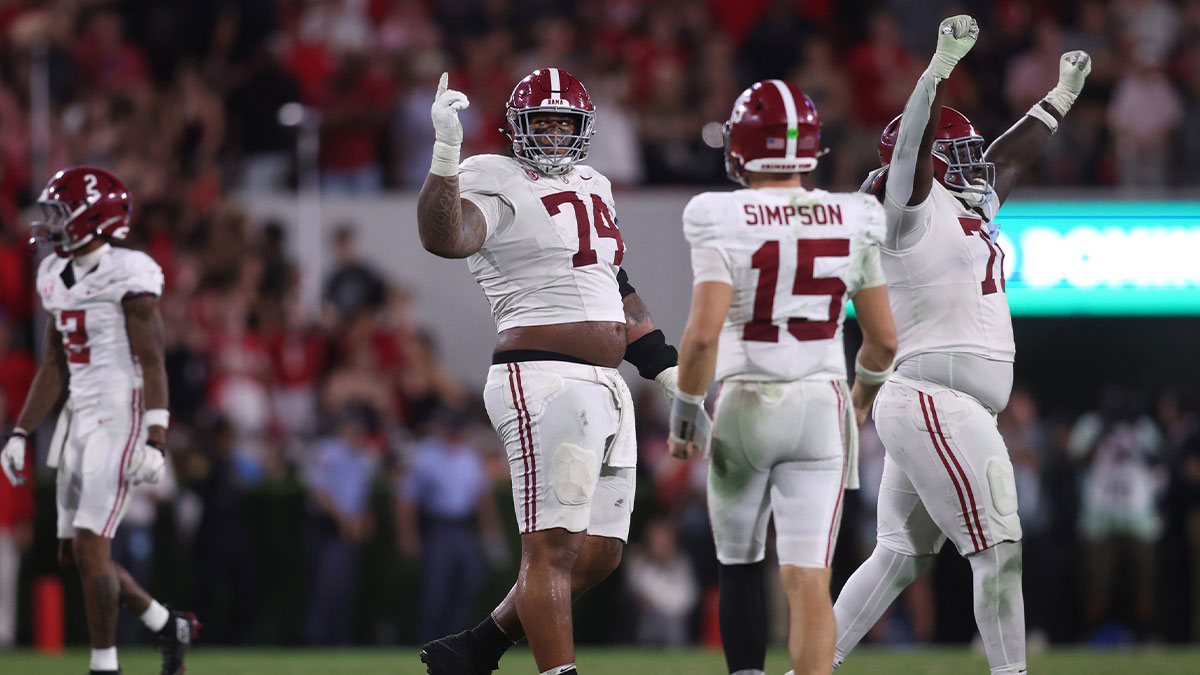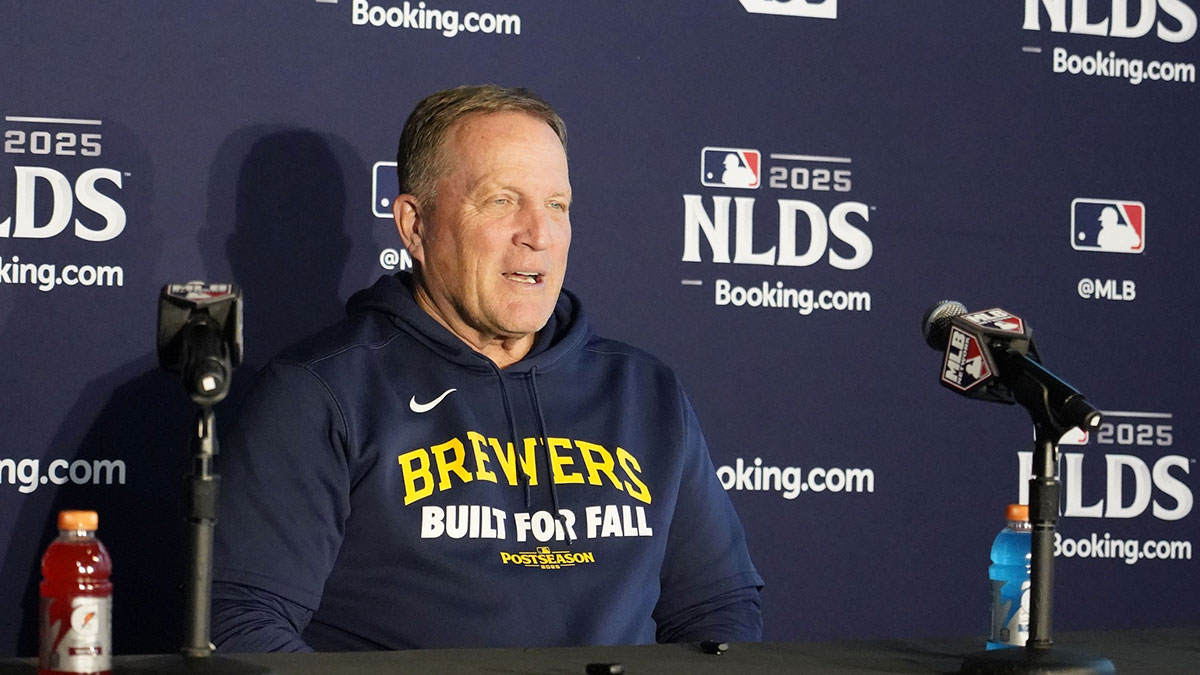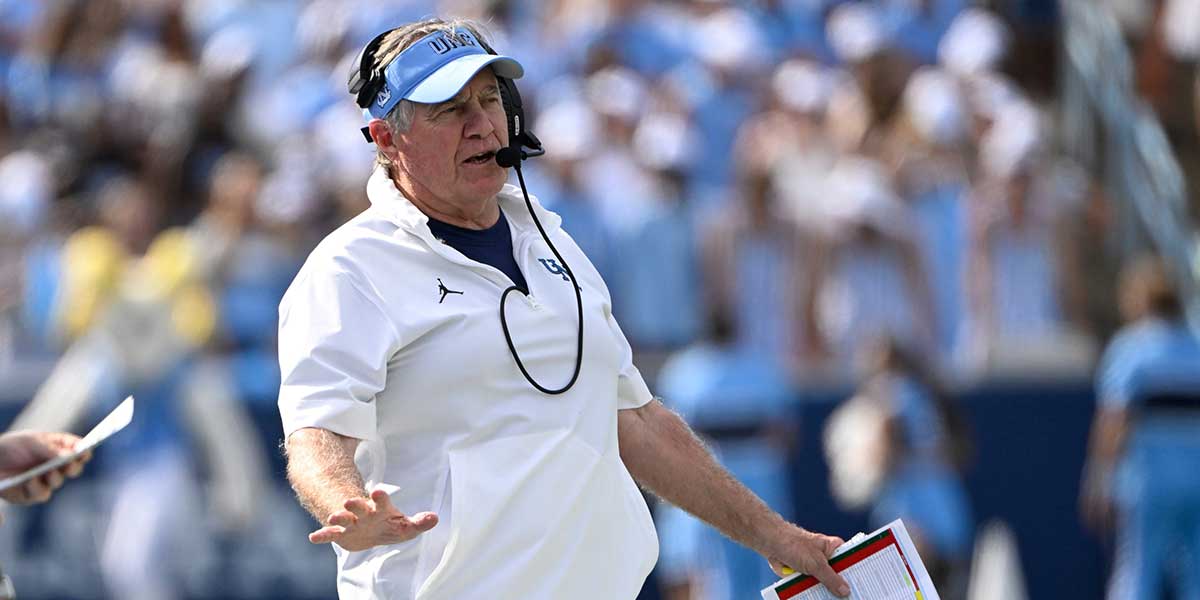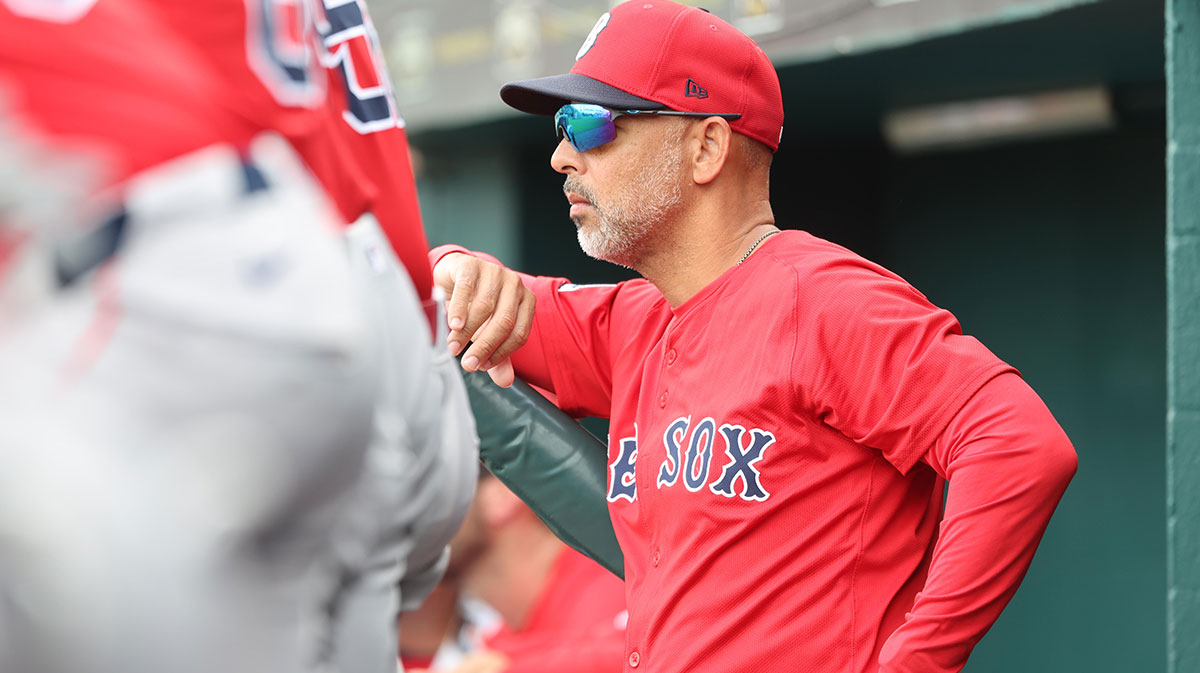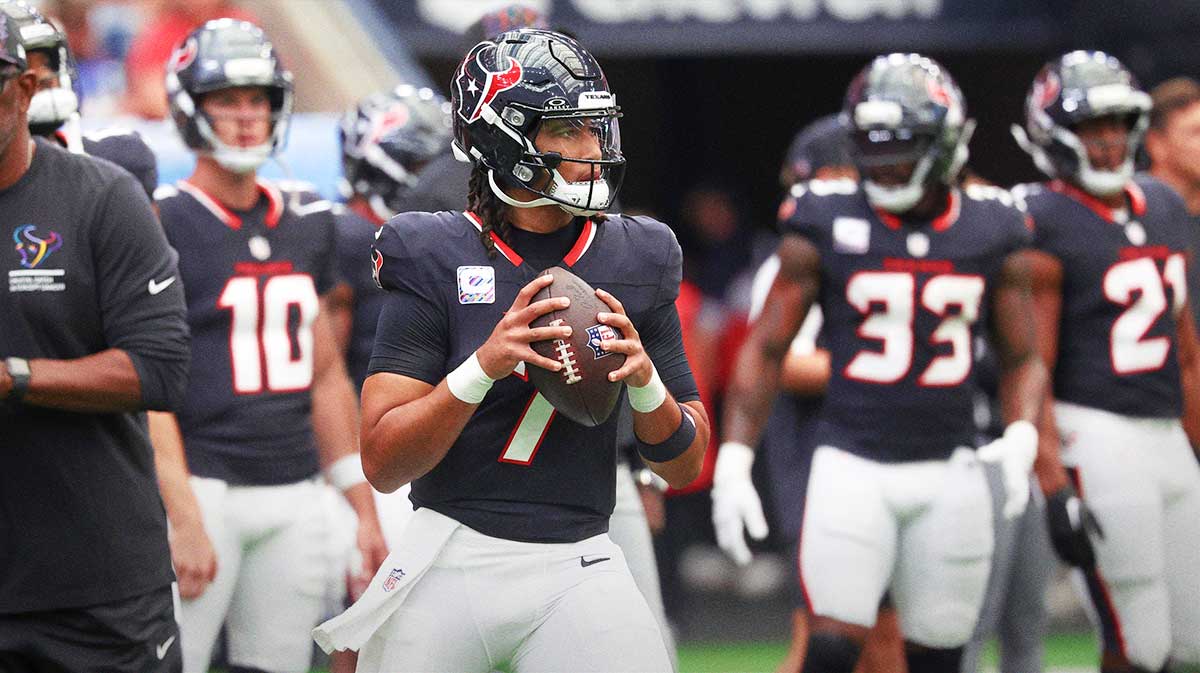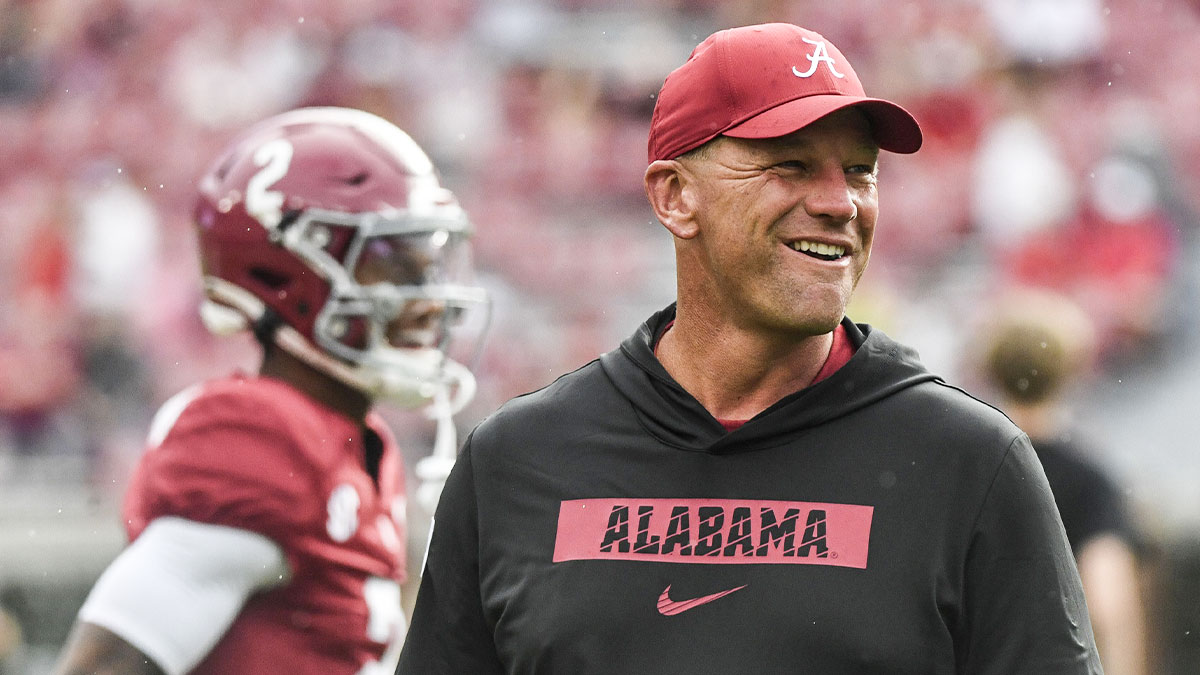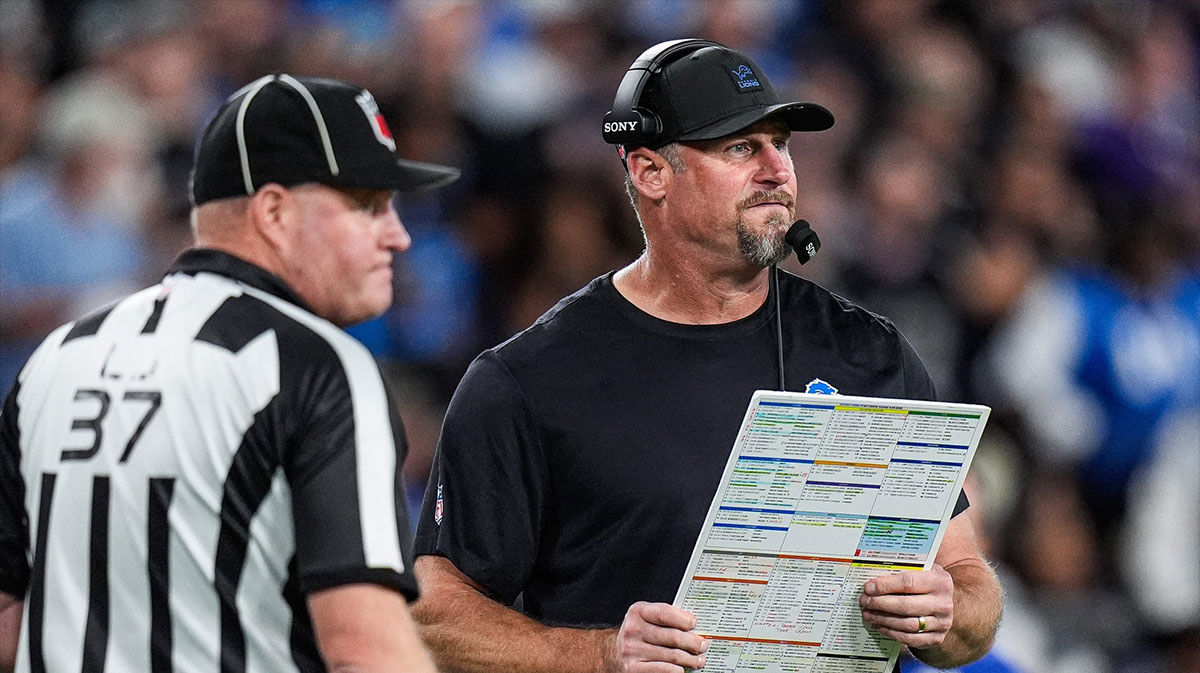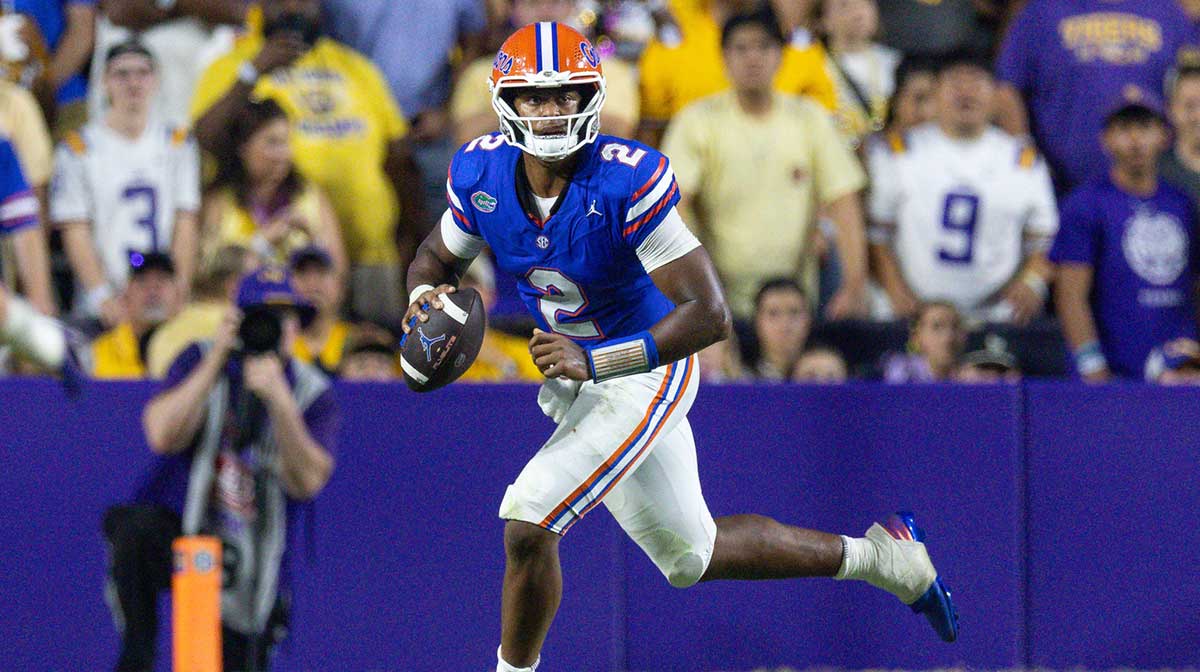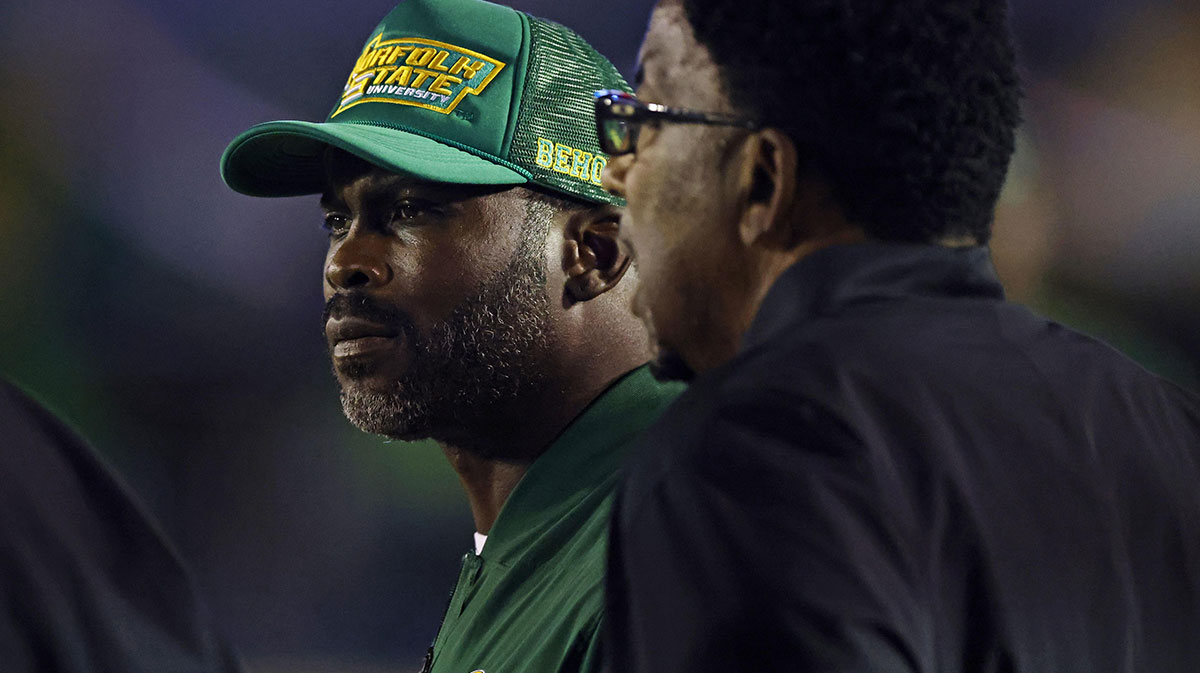In the world of chess, where strategic brilliance and mental toughness take center stage, a dark cloud looms over the sport, the growing concern of widespread cheating, reported by The New York Times. Chess enthusiasts are watching a clash of titans not just on the board but also in disputes regarding the integrity of the game itself.
As chess engines continue to advance far beyond human capabilities, the potential for cheating using these engines has become a huge challenge that even top-tier chess players can not overcome. The difference is not small; rather, it poses a huge problem for even the most skilled players. This unsettling reality means that individuals employing such engines for cheating could effortlessly defeat the best players in the game every single time. This unsettling trend has gradually entered the minds of top chess players, leading to a high level of suspicion among them.
The situation has given rise to a complex chess narrative, where players find themselves caught in the crossfire of a growing cheating scandal. Chess.com, in an attempt to preserve the integrity of the game and protect players' reputations, has discreetly safeguarded information about cheating incidents from the public eye. This, in turn, has fueled even more suspicion among players. The most recent episode in this ongoing saga involves Hikaru Nakamura and Vladimir Kramnik, adding another layer to the unfolding cheating scandal.
Vladimir Kramnik, a former world champion, raised eyebrows with indications of possible cheating by Hikaru Nakamura in a series of blog posts on Chess.com, the world's leading chess platform. In a deleted post, Kramnik pointed out a streak where an unnamed player (later revealed to be Nakamura) won 45 out of 46 games. The implications were clear, something seemed odd. Kramnik, known for his frankness, added that upon reviewing Nakamura's statistics, he found numerous instances of low-probability performances by both Nakamura and some of his opponents.
Nakamura, renowned for both his strategic brilliance and engaging streaming content, addressed the accusations of Kramnik's, simply stating it as a deficiency in logical reasoning. This incident echoes back to a similar episode involving Magnus Carlsen, who, last year, publicly accused fellow chess player Hans Niemann of engaging in unfair practices during a live tournament. Carlsen's accusations were notably fueled by Niemann's prior history of online cheating, adding a layer of intensity to the unfolding drama.
However, Niemann, in an effort to redeem his reputation, later clarified the situation during an interview with Piers Morgan. In this revealing conversation, Niemann openly admitted to instances of online cheating during his adolescence but emphasized that such behavior was a thing of the past. Notably, he acknowledged being caught cheating on chess.com during his early teenage years, raising questions about the evolution of his commitment to fair play.
In the aftermath of Kramnik's accusatory remarks, a comprehensive interview on the Chessbrah YouTube channel provided insights into his perspective. Kramnik expressed deep concern about the prevalence of cheating in online chess, suggesting that the extent of the issue is alarmingly high. Moreover, he raised questions about the efficacy of chess.com's measures in preventing cheating, asserting that the platform may need to intensify its efforts in this regard. With a final stance, Kramnik declared his intention to take personal action against cheating, indicating a willingness to fight the cause if necessary.
Yet, the chess community grapples with the reality that cheating has infiltrated the sport. Chess.com, a prominent chess platform, actively combats cheating and implements measures to detect and prevent it. Notable players like Fabiano Caruana and Daniil Dubov acknowledged the severity of the issue, suggesting that the number of cheaters might be higher than the public would ever imagine.
What's next in the World of chess cheating?

Cheating has emerged as a critical issue, challenging the integrity of chess and causing divisions among top players. The case of Hans Niemann serves as a cautionary tale, despite his efforts to clear his name. The future of chess hangs in the balance, with some players accusing foul play every time they lose, while others face the daunting prospect of regular online cheating by their opponents.
As the chess community navigates this difficult times, the overarching question remains: will cheating escalate faster than preventive measures, or will the sport successfully safeguard its integrity? The answer lies in the actions taken by platforms, players, and the chess community as a whole to protect the purity of this timeless game.






